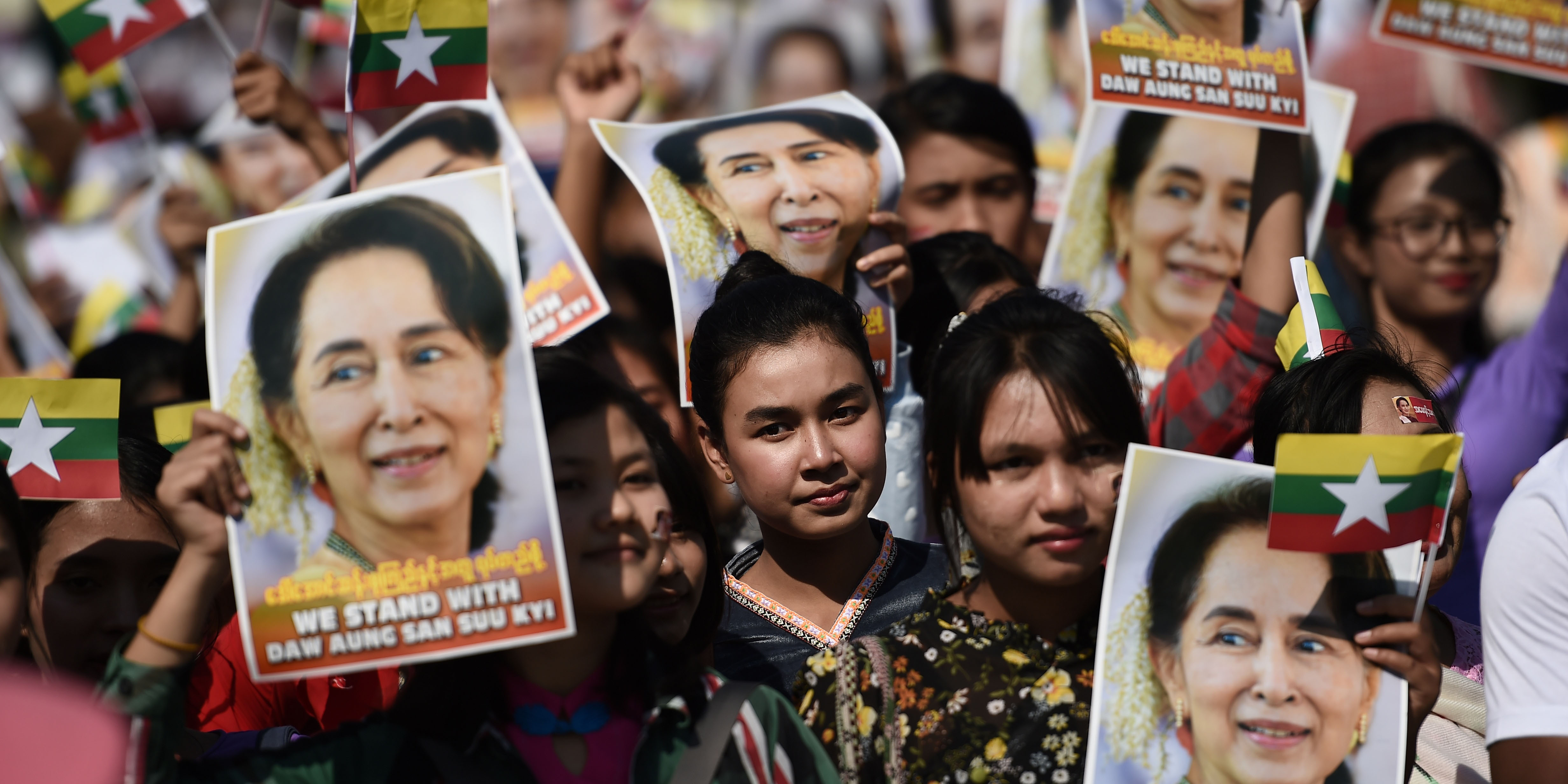EDITORIAL
Aung San Suu Kyi, Nobel Peace Prize winner, finds herself on trial on Tuesday at the International Court of Justice in The Hague. For two days, the spokeswoman for the Burmese presidency will defend her country, accused of committing ethnic cleansing and genocide against the Rohingya. For our editorialist Vincent Hervouët, the fall of this icon also betrays the impossibility for Burma to rebuild itself politically after decades of military dictatorships.
"Aung San Suu Kyi is a convict, the Burmese courts sentenced her and buried her alive.When we spent fifteen years in prison, we are hardened.International justice does not scare her.It stands up to 57 countries of the Organization of the Islamic Conference, accusing her country of genocide: she is the equivalent of a head of government: she plays politics, she is applauded in a Buddhist country that considers Muslims as invaders at best. at worst like terrorists.
>> Find all the edits of Vincent Hervouët in replay and podcast here
The drama of Rangoon
The Oslo jury often crowned people whom others would have gladly sent to a box in The Hague: Yasser Arafat, Menachem Begin, Duke Tho, Henry Kissinger. Aung San Suu Kyi sacrificed her life to politics. She also sacrificed her reputation. His obstinacy in defying the generals had earned him the Nobel Prize. His stubbornness to deny all genocide earned him a dishonor to the height. She denounces 'an iceberg of misinformation'.
But what is happening in The Hague goes beyond the lady of Rangoon. There is the drama of Rangoon, that of a country crumbling and ungovernable. There is also the will of the Islamic Conference to recognize that there is a Rohingya people, that it is Burmese and that Muslims are victims of genocide. "

